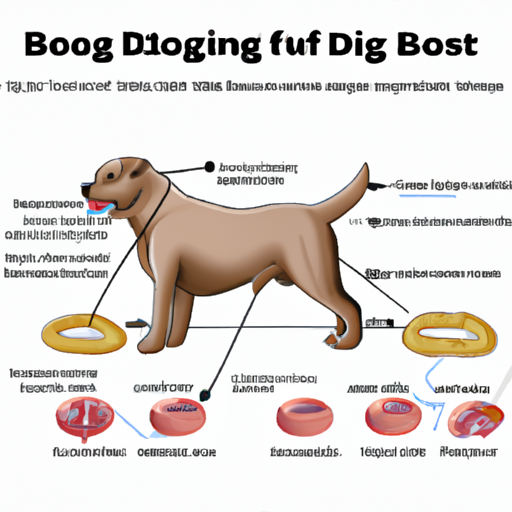“`markdown
How Do Dogs Get Bloat
Understanding Bloat in Dogs
When you look at your dog, the last thing you want to imagine is them suffering from any health issue. However, as a careful pet parent, it’s vital to arm yourself with knowledge about potential health threats. One of these threats is known as ‘bloat’ or ‘gastric dilatation-volvulus’ (GDV). This is a critical condition that affects dogs, especially large breeds, and could turn fatal if not urgently treated.
Causes of Bloat in Dogs
Although the exact cause of bloat in dogs is still unclear, several factors have been identified to contribute to the condition:
- Rapid Eating: Dogs that gulp down their food in large amounts are more likely to swallow air, leading to bloating.
- Eating Once a Day: Single, large meals can cause the stomach to stretch and twist.
- Exercise after Eating: Vigorous exercise after eating can disrupt digestion, causing the stomach to twist.
Recognizing the Signs of Bloat
Your dog cannot tell you when they’re feeling unwell. Therefore, as a pet parent, you should be able to recognize the signs of bloat:
- Restlessness and pacing
- Swollen or hard abdomen
- Attempting to vomit but unable to
- Excessive drooling
- Rapid heart rate
Preventing Bloat in Dogs
While the causes of bloat are not entirely understood, there are steps you can take to reduce the risk in your dog:
- Feed your dog smaller meals throughout the day rather than one large meal.
- Discourage rapid eating by using puzzle feeders or slow-feed bowls.
- Avoid vigorous exercise immediately after meals.
Treatment Options for Bloat
If you suspect your dog has bloat, it’s a medical emergency. Rush your pet to the veterinarian immediately. Treatment options may include:
| Treatment Method | Description |
|---|---|
| Stomach Decompression | The vet may insert a tube down the dog’s throat to release gas and fluid. |
| Surgery | If the stomach has twisted, surgery might be required to correct it. |
| Supportive Care | This includes fluid therapy and medication to support heart function. |
Frequently Asked Questions
Q: Can small dog breeds get bloat?
A: Yes, although it’s more common in large breeds, small dogs can also get bloat.
Q: Can bloat resolve on its own?
A: No, bloat is a life-threatening condition that requires immediate veterinary attention.
Q: Are some dog breeds more susceptible to bloat?
A: Yes, breeds with deep, narrow chests like Great Danes, St. Bernards, and Weimaraners are more susceptible to bloat.
“`



